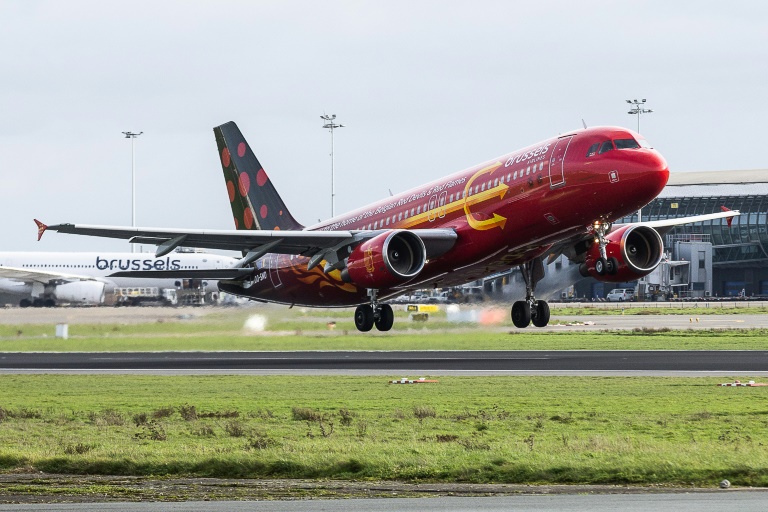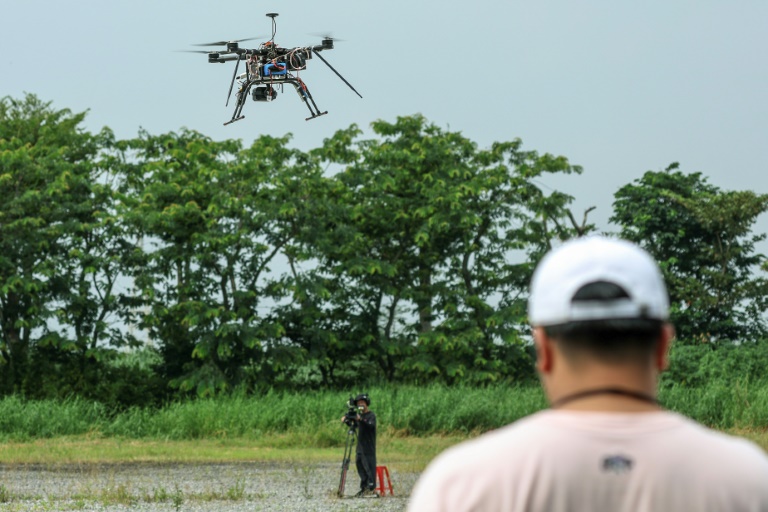sustainable aviation fuel (SAF) taking off at Brussels Airport earlier this year” width=”736″ height=”491″>
Representative image.
AFP
The aviation industry is making significant strides towards a more sustainable future by reducing carbon emissions and environmental impact. Sustainable Aviation Fuel (SAF) is a key pillar of this eco-friendly transformation, with the potential to contribute 65% of aviation’s emissions reduction to net zero by 2050. However, challenges remain, including the need for supportive regulations, financing, and industry standards to foster the widespread adoption of these technologies.
Despite the promising strides made by airlines in integrating SAF with traditional jet fuel, SAFs constitute less than 0.1% of global aviation fuel. However, recent successes in demonstration flights signify a turning point, showcasing the viability of SAFs in reducing the industry’s environmental impact.
Suneet Singal, a seasoned entrepreneur and finance architect, is transforming industries through strategic investments in green technologies. He believes renewable energy can redefine industries and contribute to a sustainable future.
SAFs are derived from renewable hydrocarbon sources, breaking away from traditional fossil fuel dependence. But the production rates are insufficient and prices remain high, despite an exponential increase in production.
Research shows that the next generation of sustainable aviation fuels could achieve CO2 reductions of 85-95%, made from biomass and everyday rubbish. The aviation industry must collaborate with governments, investors, and research institutions to drive innovation and establish a sustainable aviation fuel adoption framework.
Suneet Singal states, “Given the current foreign and domestic government mandates and the limited production in the market currently there is an inflection point between now and 2030, whereby supply and demand metrics will support exponential growth.”
2024-02-01 04:41:03
Original from www.ibtimes.com


















